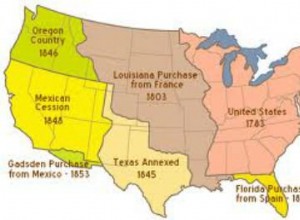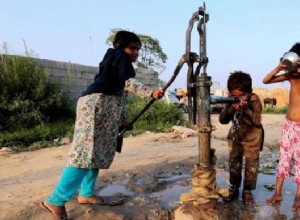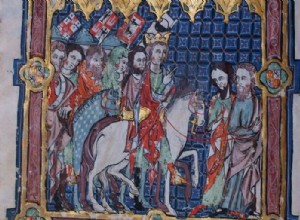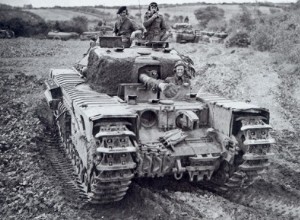The March to the West in the United States was characterized by territorial expansion towards the Pacific, in the second half of the 19th century. This growth was achieved through wars, purchases of territory and laws that favored internal migration. Origin:wars, territory purchases and migration l




